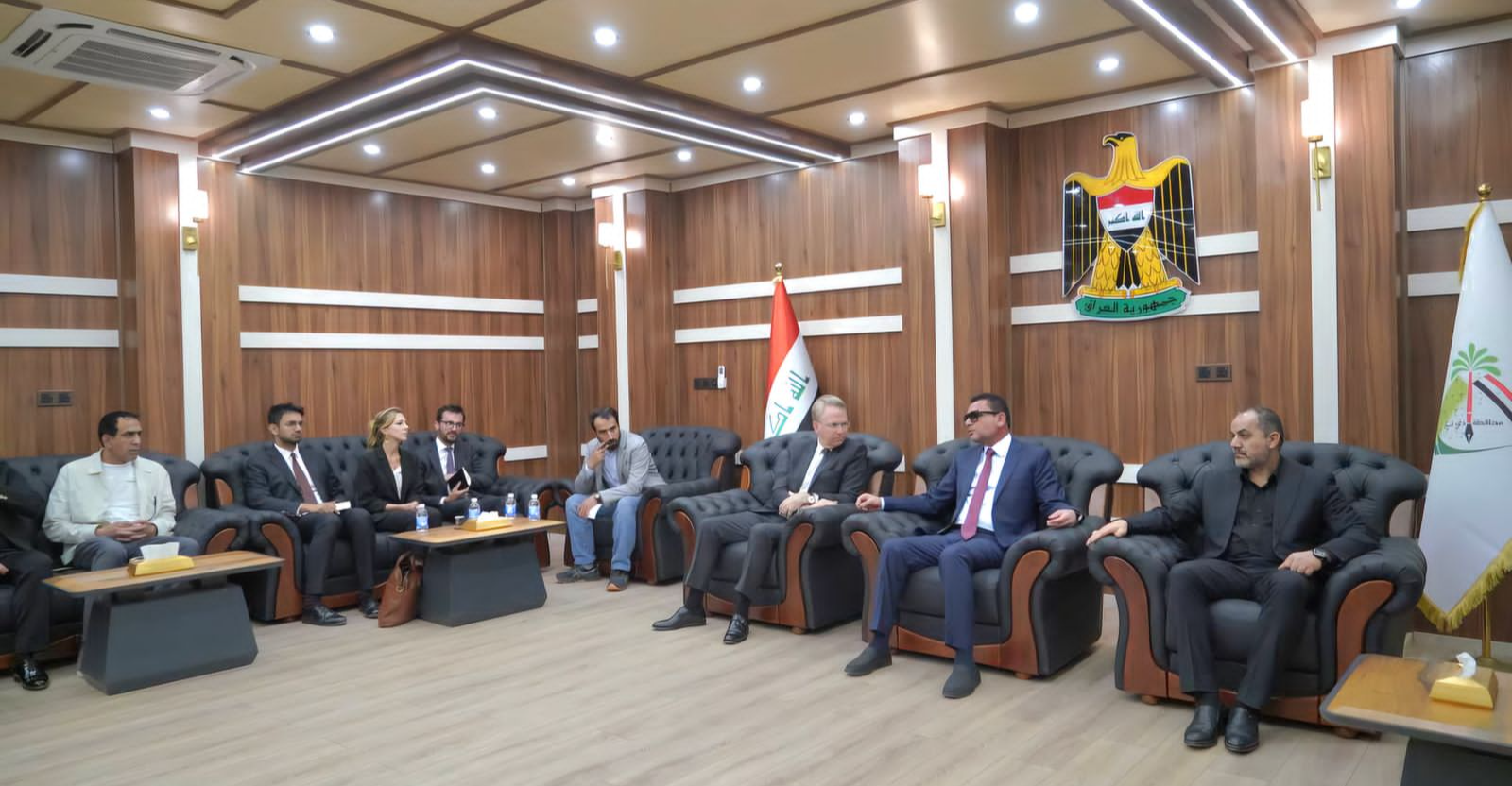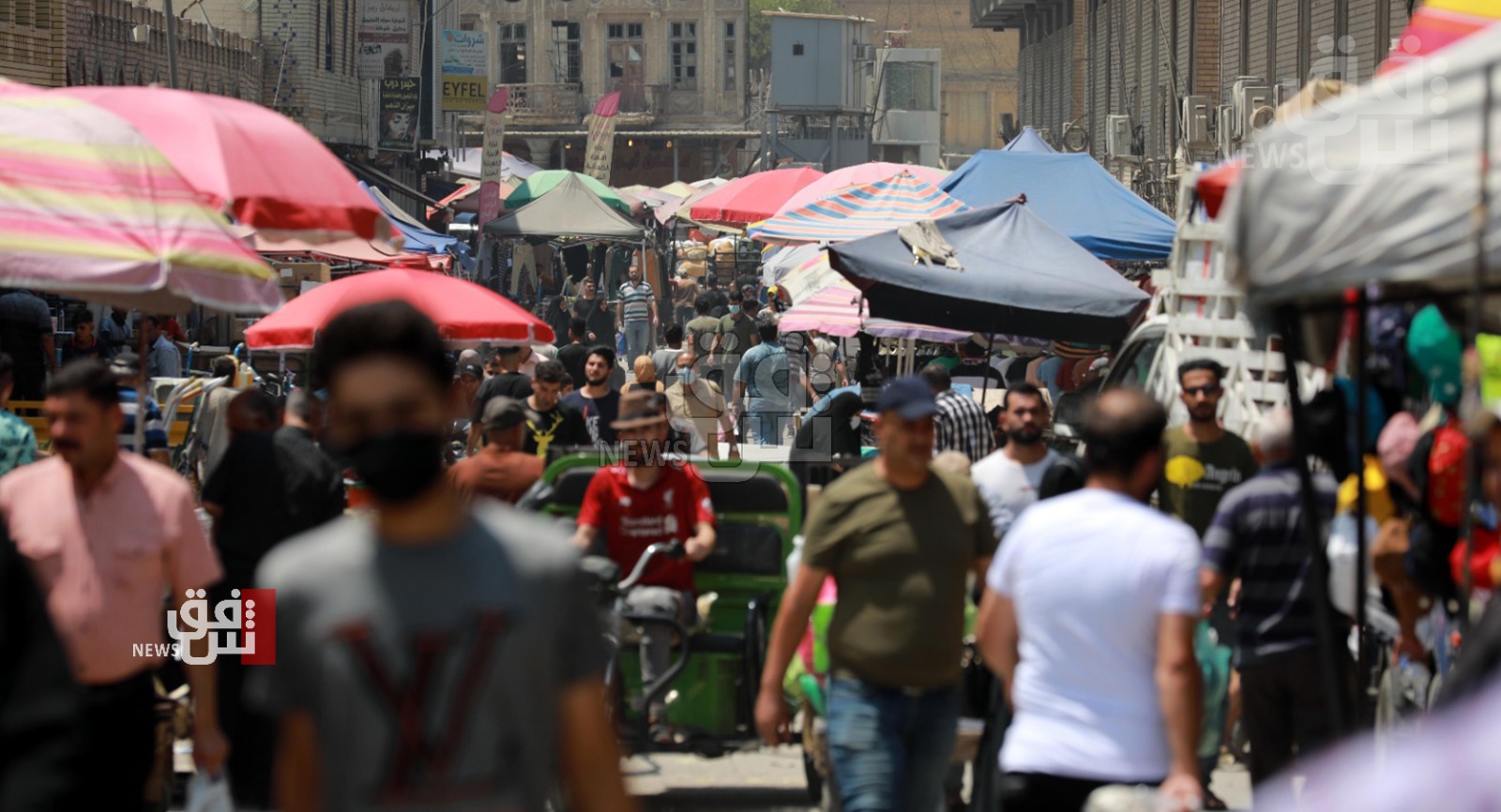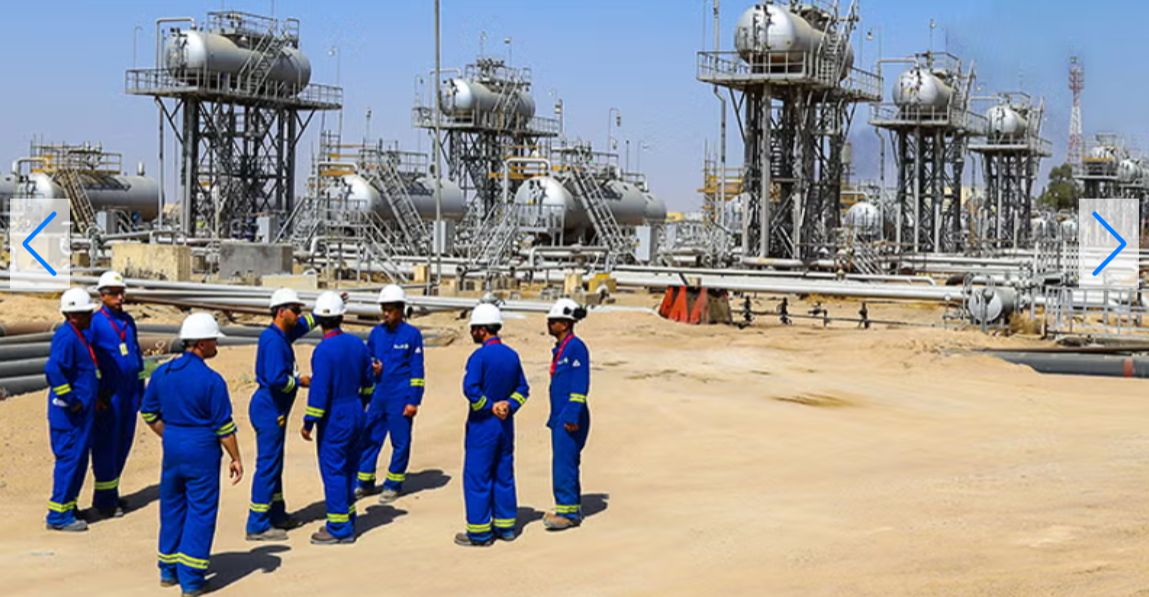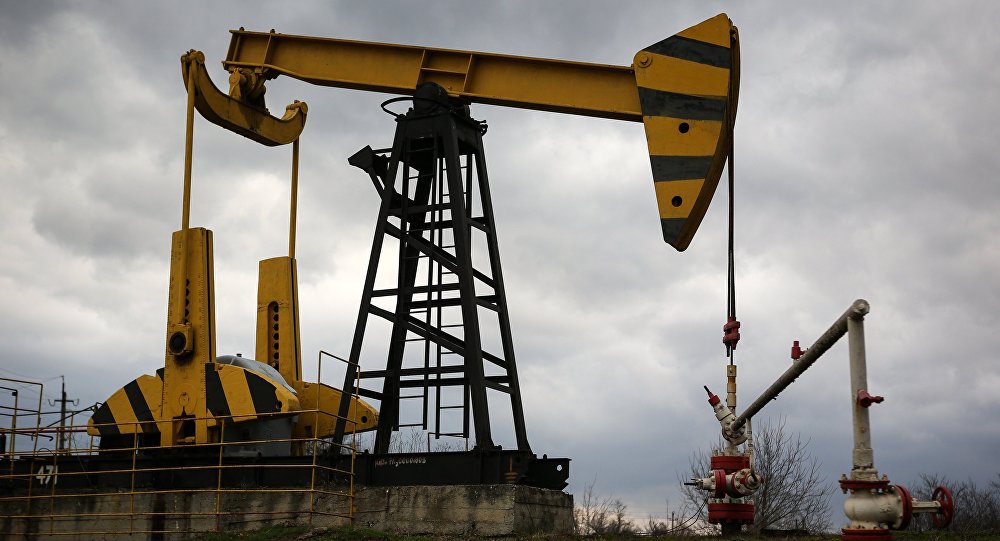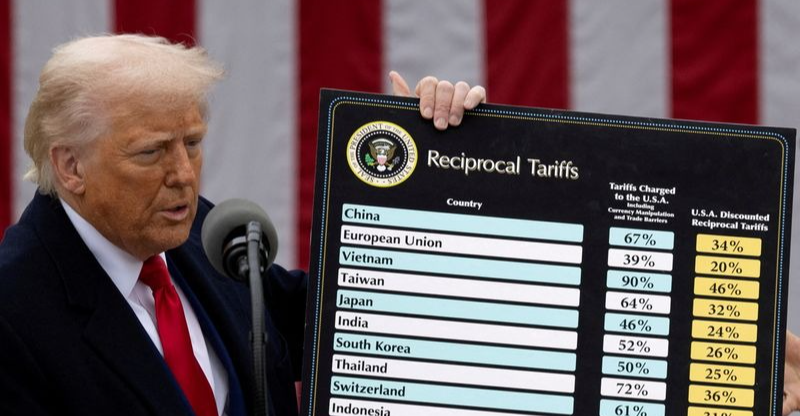Iraq’s Oil and Gas Law: A step toward resolving Baghdad-Erbil disputes
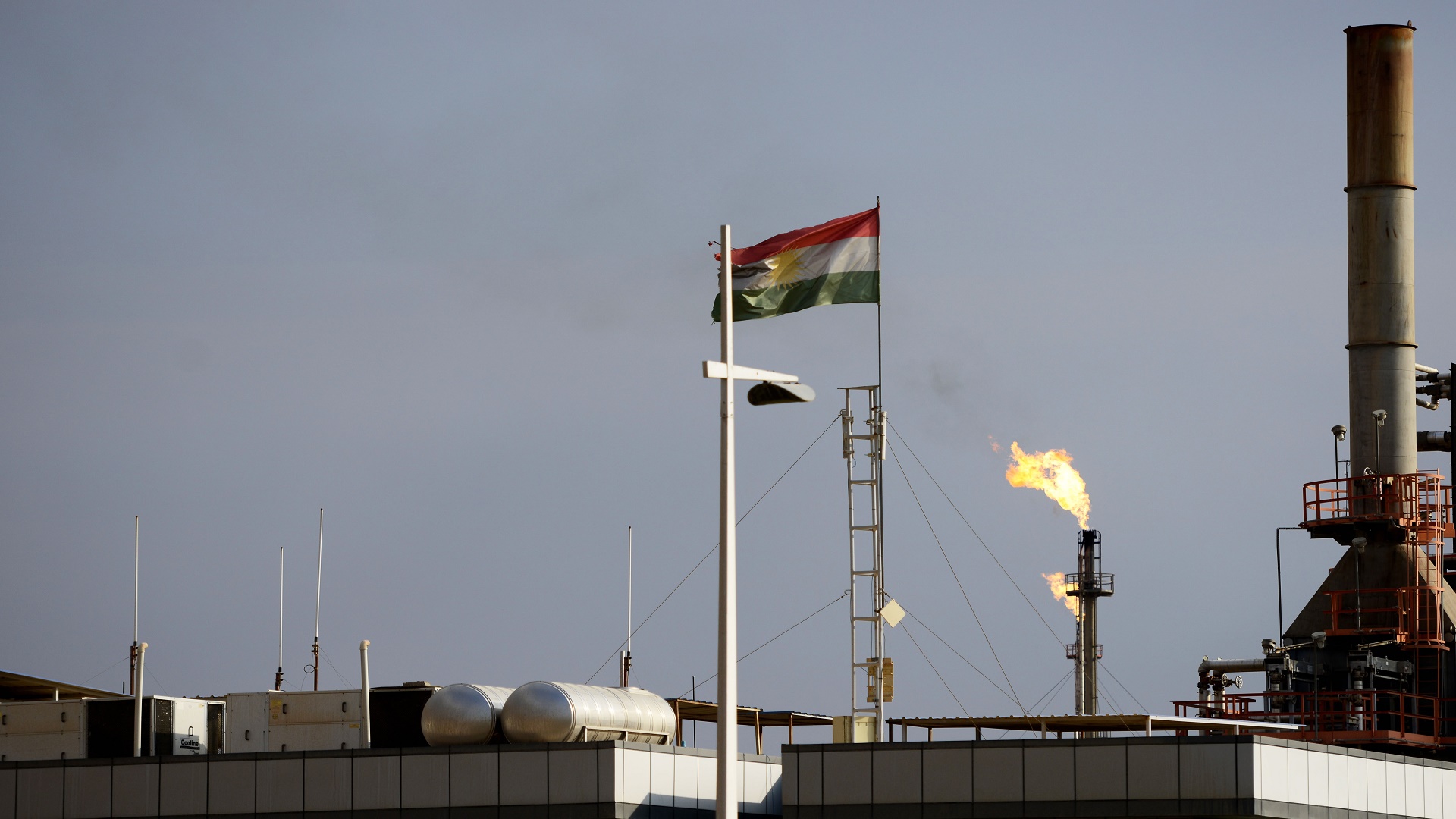
Shafaq News/ On Saturday, Iraq’s Parliamentary Oil and Gas Committeesaid that finalizing and approving the draft Oil and Gas Law could pave the wayfor resolving longstanding disputes between the federal government and theKurdistan Regional Government (KRG).
Bassem al-Gharibawi, a Committee member, told Shafaq News Agency,"Agreeing on the draft law, approving it in the Council of Ministers, andthen submitting it to Parliament will contribute to addressing many unresolvedissues between the federal and regional governments."
The federal government had previously formed a committee, including theDeputy Prime Minister for Energy Affairs, the Deputy Prime Minister forEconomic Affairs, and Iraq’s State Organization for Marketing of Oil (SOMO), tonegotiate with the KRG. Their task was to amend disputed clauses and prepare afinal draft of the law.
"The parliamentary oil committee hosted several officials from theOil Ministry during the last legislative session to discuss the articlesrequiring amendment in the Oil and Gas Law," Gharibawi added.
The push for legislation comes amid rising tensions over oil exports.Last week, economist Nabil al-Marsoumi revealed that nine foreign companies aredemanding $24 billion in compensation for halted exports. This follows an Iraqicourt ruling that invalidated Baghdad’s objections to contracts between the KRGand these companies.
The Karkh Court of Appeals upheld the validity of the contracts,declaring them binding and immune to external objections, despite a February2022 decision by Iraq’s Federal Supreme Court that deemed the KRG’s oilpractices unconstitutional.
The Oil and Gas Law, pending since 2005, stipulates that Iraq’soilfields should be managed by a national oil company under the supervision ofa federal council. However, disagreements over the management of oilfields inthe Kurdistan region have remained unresolved since 2003.
Baghdad accuses Erbil of failing to disclose accurate oil revenuefigures and withholding proceeds from the federal treasury. In contrast, theKRG insists on full control over its oilfields, including licensing,production, export, and contracts.
The KRG’s Oil Law grants the regional government authority over oiloperations, marketing, and contract negotiations. However, it allows federalparticipation only in pre-2005 discovered fields, with sole control over fieldsdiscovered afterward.
Iraq exports an average of 3.3 million barrels of crude oil daily, withoil revenue constituting over 90% of the country’s income. Yet, discrepanciesin production costs and revenue sharing between Baghdad’s licensing rounds andthe KRG’s operations have exacerbated tensions.
In May 2023, Iraq’s Oil Ministry accused the KRG of “legal andprocedural violations” in oil sales, resulting in significant financial losses.The ministry highlighted that federal licensing rounds yield higher returns (upto 96.5% revenue) compared to the KRG’s operations (around 80%).
In August 2023, the Iraqi government formed a committee, includingfederal and regional oil officials and representatives from oil-producingprovinces, to finalize the draft law. The initiative aligns with Prime MinisterMohammed Shia al-Sudani’s recent agreement with the KRG to resolve contentiousissues, including implementing Article 140 on disputed territories.
While the Federal Supreme Court’s 2022 ruling restricts the KRG’s oilexports to federal oversight, the draft law could redefine governancestructures and provide a legal framework for cooperation.

